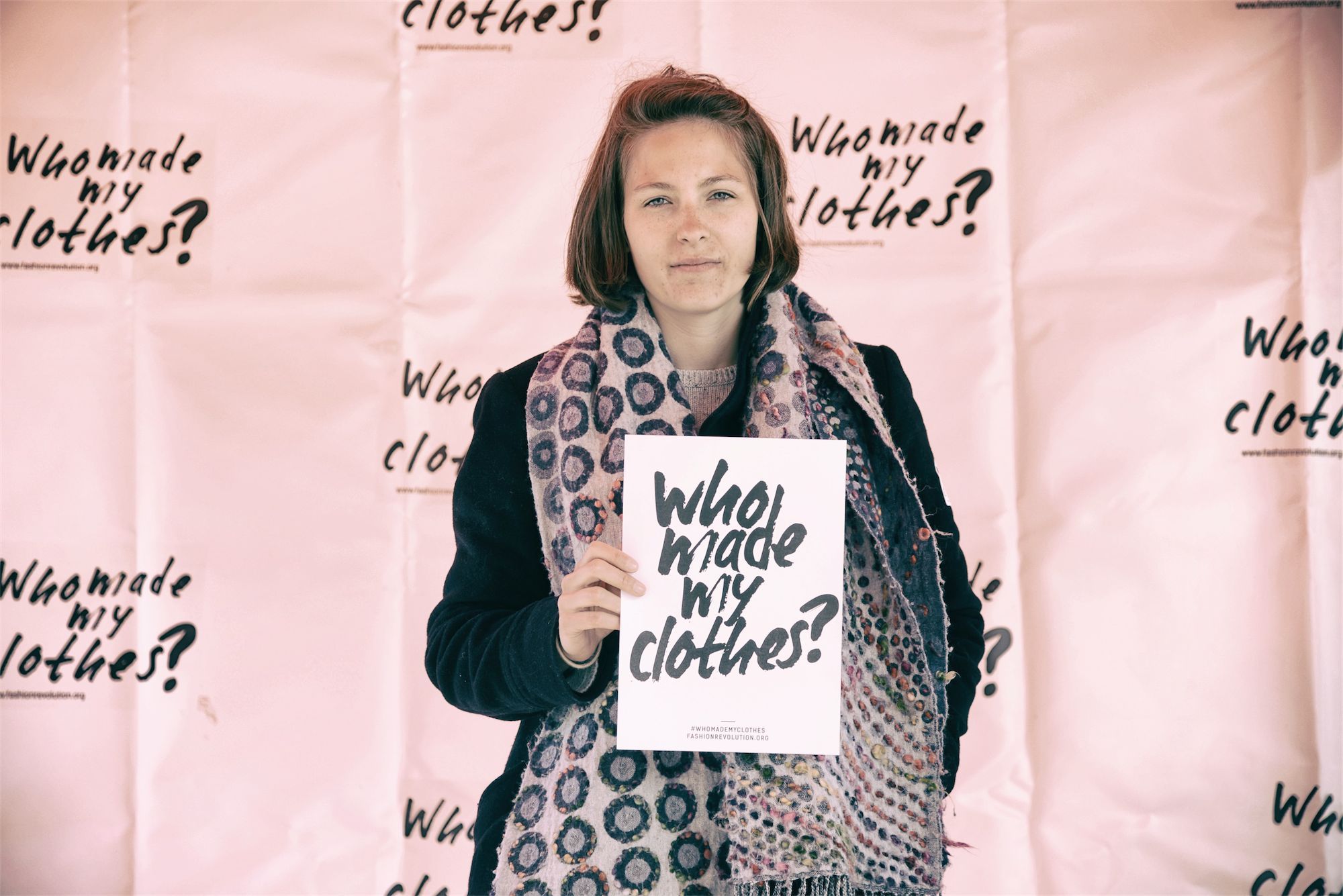Our demands

The companies in the garment industry should take full responsibility for their production processes and guarantee that they neither support nor encourage active or passive exploitation in their commercial activities.
John Ruggie, Special Representative to the United Nations on Business and Human Rights, established consensual international principles in 2011. According to these principles, companies should respect human rights in all their activities, at all times and in all places. And although these principles are not directly binding for companies, they establish a clear and complete framework in terms of corporate responsibility in all sectors of activity, including production working conditions. Textiles, shoes and garments should be made under fair working conditions and profits be shared in an equitable manner.
To reach this objective, companies should:
- Assume full responsibility for working conditions.
- Guarantee transparency and publish information on production conditions.
- Establish a full code of conduct. The code of conduct should mention the right to a living wage and refer to the UN and ILO norms relative to labour law (as well as providing ethical guidelines whose implementation can be verified).
- Take concrete measures for implementation of their code of conduct and make them public. These measures should also cover procurement and include, for example, directives aimed at those responsible for procurement, so that these members of staff can take social criteria into account.
- Take concrete steps to implement a living wage, especially:
- commit to paying a living wage (which should be mentioned in their code of conduct)
- guarantee freedom of association and right to organise throughout the production chain, and actively encourage working with trade unions in the country of production, so that workers can freely organise to defend and execute their rights
- hold direct talks with the trade unions and NGOs that work on defending workers’ right
- publicly commit to a living wage benchmark
- adapt their procurement practices (including on price structures) so that it is possible to pay people a living wage
- implement pilot programmes to increase salaries, including sub-contractors, unions and associations for the defence of workers’ rights
- publicly support workers’ demands, trade unions and NGOs in their call to increase minimum wages to enable them to reach the level of a living wage and to take a clear position with governments in the countries of production to support the implementation of a living wage, especially by providing guarantees that this will not lead to the delocalisation of the production process.
- publically publish companies’ sales and production activities in a transparent manner, including the progress made towards achieving a living wage
- join a multi-stakeholder verification initiative and engage the active participation of civil society in factory audits (NGOs, trade unions)
- draft and publish a roadmap for the implementation of a living wage throughout the supply chain (including milestones and a time-line)
- Support small-scale peasant producers of raw materials, especially organically grown fair-trade cotton.

